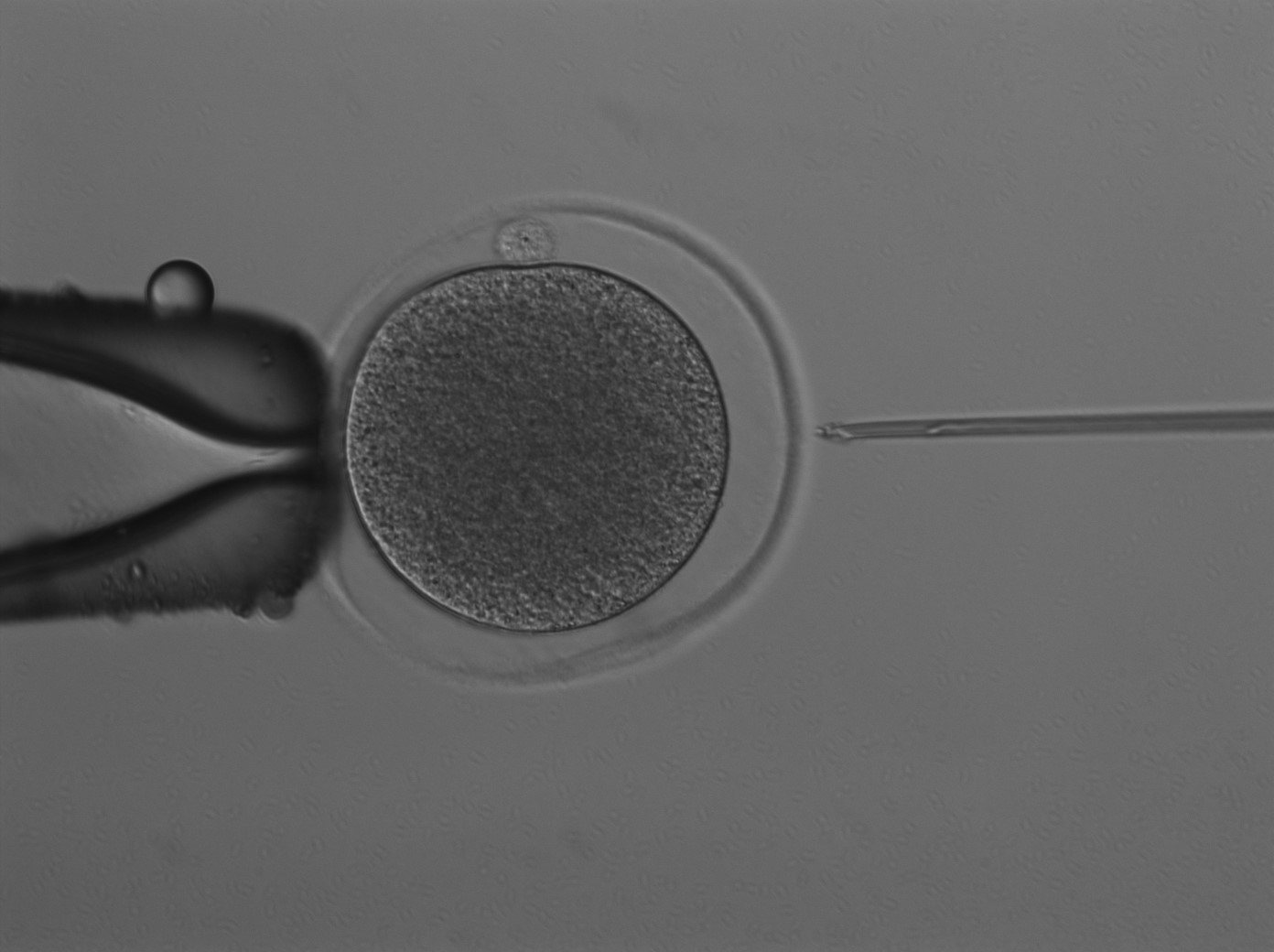News release
From:
A University of Queensland-led team has successfully produced the first kangaroo embryos through in vitro fertilisation (IVF), a crucial jump towards saving other marsupial species from extinction.
Lead researcher Dr Andres Gambini said the groundbreaking achievement provided
valuable insights into marsupial reproduction and the potential of assisted reproductive
technologies for conservation.
“Australia is home to the greatest diversity of marsupial fauna on the planet but it also has the highest mammal extinction rate,” Dr Gambini said.
“Our ultimate goal is to support the preservation of endangered marsupial species like koalas, Tasmanian devils, northern hairy-nosed wombats and Leadbeater's possums.”
The trial assessed the development of kangaroo eggs and sperm in the laboratory
before embryos were produced by intracytoplasmic sperm injection (ICSI), a technique that involves injecting a single sperm directly into a mature egg.
“Because eastern grey kangaroos are overabundant, we collected their eggs and sperm for use as a model to adapt the embryo technologies already applied to domestic animals and humans,” Dr Gambini said.
“Access to marsupial tissues is challenging as they are less studied than domestic animals despite being iconic and integral to Australian biodiversity.
“We are now refining techniques to collect, culture and preserve marsupial eggs and sperm.
“By developing preservation methods, we aim to safeguard the genetic material of these unique and precious animals for future use to ensure their conservation.
“While it’s difficult to provide an exact timeline, with sustained collaboration, funding and continued technical advancements, we are hopeful the birth of a marsupial through IVF could become a reality within a decade.
“This success with kangaroo embryos is deeply fulfilling, representing the culmination of years of training, research and collaboration.”
The study involved researchers at UQ's School of Agriculture and Food Sustainability, School of the Environment and School of Veterinary Science including PhD candidate Patricio D. Palacios and was funded by the Hidden Vale Research Station with additional support from the RSPCA.
The research was published in Reproductive, Fertility and Development and presented at the International Embryo Technology Society (IETS) 2025 Annual Conference
Multimedia




 Australia; QLD
Australia; QLD


